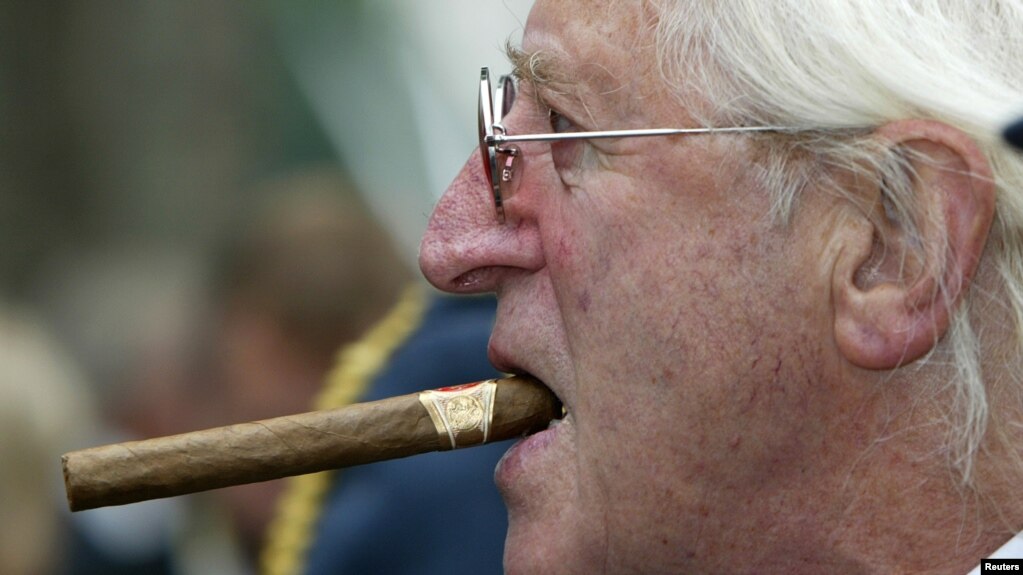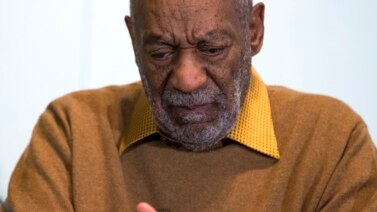
The British Broadcasting Corporation (BBC) was found guilty of “serious failings” that allowed television celebrity Jimmy Savile to sexually abuse nearly 100 people.
Savile was one of Britain’s top celebrities from the 1960s until his death at age 84 in 2011, reported France 24. A report released Thursday after a long investigation found that Savile assaulted 72 people and raped eight.
BBC commissioned the report after victims came forward after Savile died. Police launched Operation Yewtree, an investigation into Savile and other celebrities from the same era. Five celebrities were convicted and imprisoned, including children’s TV presenter Rolf Harris and 1970s rocker Gary Glitter, reported the Times of India.
The allegations claimed Savile used his celebrity status to assault women, and even children as young as eight years old. The abuse started in the 1950s and continued for five decades, according to The International Business Times.
Dame Janet Smith, a former High Court judge, led the inquiry, which produced a 793-page report. Nearly 120 witnesses who worked at the BBC told the inquiry that they had heard “rumors and stories” about Savile’s sexual conduct, according to France 24.
Savile hosted a popular music chart show on BBC called “Top of the Pops.” He used his celebrity status to abuse young people, the investigation found. His usual tactic with young girls – and in some cases boys – was to invite them to watch him perform and then make a sexual approach on them in his dressing room, the report said.
The Smith report said the BBC staff knew about the complaints of sexual abuse by Savile. But they did not alert senior management because of a “culture of fear.”
Smith said BBC’s culture was “deeply deferential,” and the staff were “reluctant to speak to managers about complaints,” reported Radio New Zealand.
However, the Smith report said there was no evidence that the BBC as a corporation knew about Savile’s sexual crimes. So the company cannot be convicted of any offense, reported The International Business Times.
BBC director-general, Tony Hall, said he accepted the report’s conclusions and “would launch an independent audit of the organization’s whistle-blowing and child protection policies,” reported France 24.
Savile died without facing prosecution.
I’m Mary Gotschall.
Mary Gotschall adapted this story for Learning English. Her report was based on information from The International Business Times, Radio New Zealand, France24 and the Times of India. Kathleen Struck was the editor.
Do you have an opinion about this topic? Let us know what you think in the Comments section below, or on our Facebook page.
Words in This Story
celebrity – n. the state of being famous
imprison – v. to put (someone) in prison
allegation – n. a statement saying that someone has done something wrong or illegal
inquiry – n. an official effort to collect and examine information about something
rumor – n. information or a story that is passed from person to person but has not been proven to be true
tactic – n. an action or method that is planned and used to achieve a particular goal
deferential – adj. a way of behaving that shows respect for someone or something
offense – n. a criminal act
whistle-blowing – n. the act of revealing wrongdoing within an organization to the public or to those in positions of authority
prosecution – n. the act or process of holding a trial against a person who is accused of a crime to see if that person is guilty


